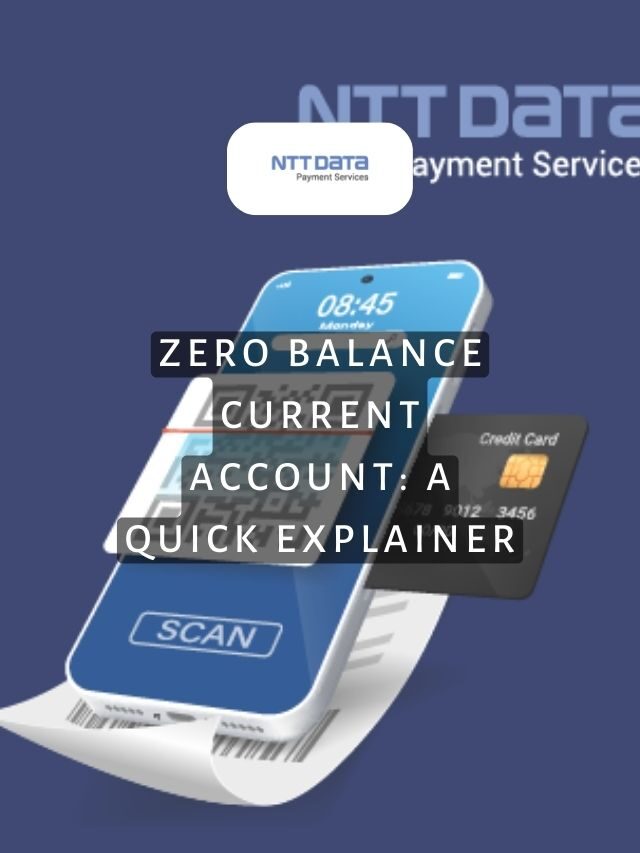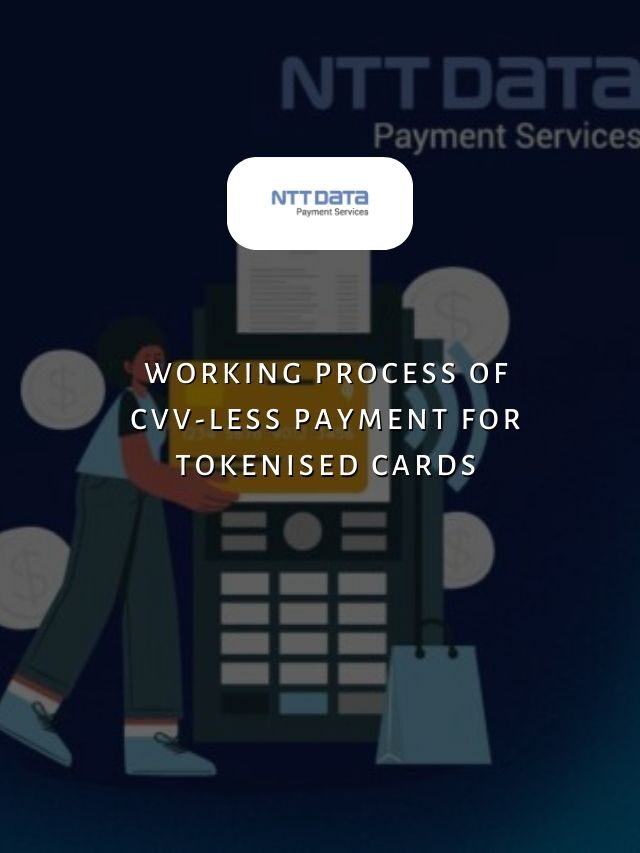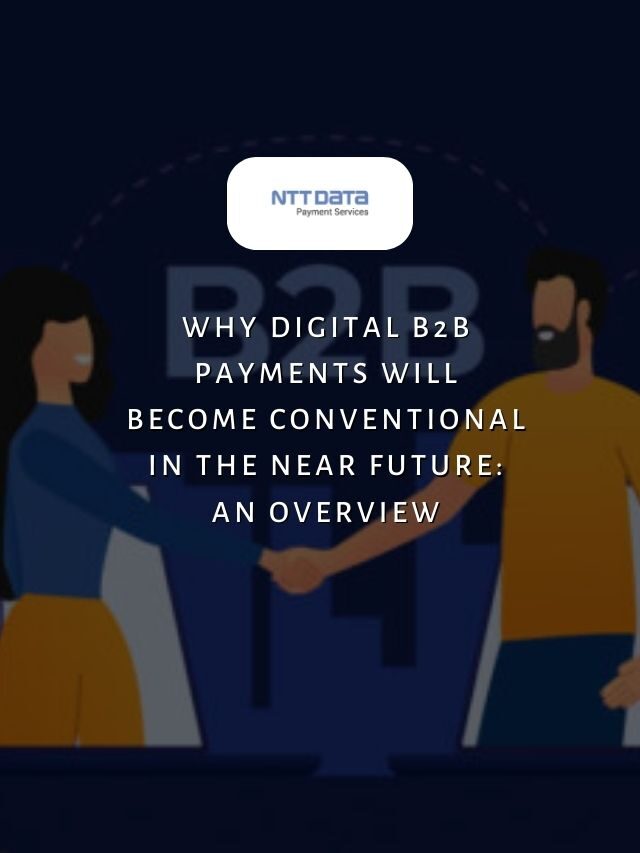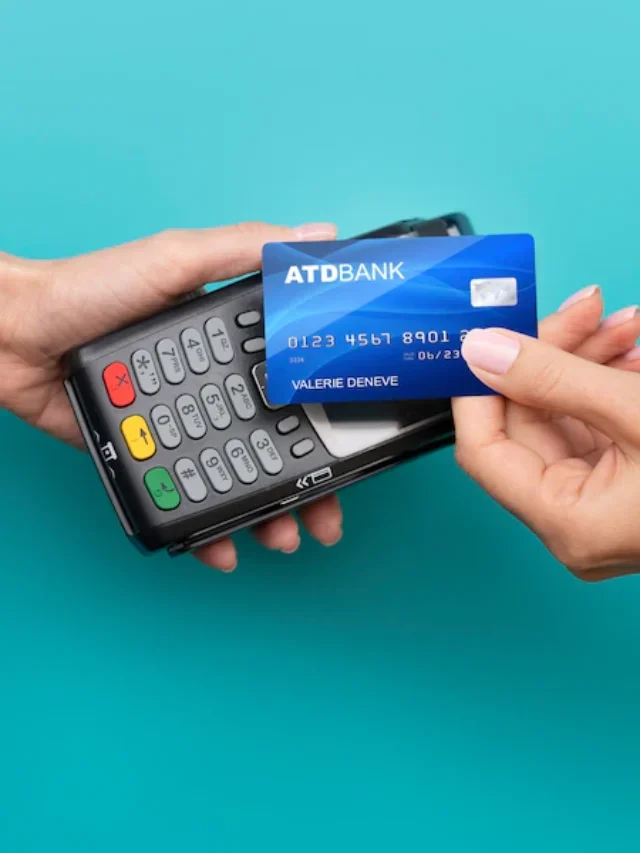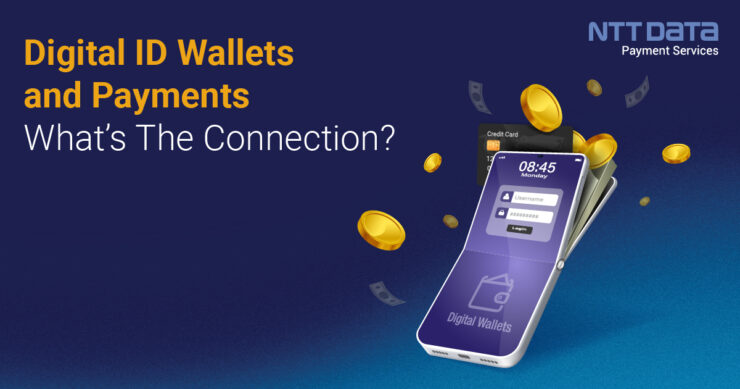
Table of Contents
- 1 Understanding Digital ID Wallets and Payments
- 2 Recent Web Stories
- 3 What is a Digital ID wallet?
- 4 What is a Digital Payment?
- 5 Difference between Digital ID Wallets & Digital Payments
- 6 Significance of Digital ID wallets and Payments
- 7 Access Digital ID Wallets & Payments with NTT DATA Payment Services
- 8 How Digital Wallets Are Driving the Future of Payments and Beyond
- 9 Frequently Asked Questions (FAQs)
Digital ID wallets are closely linked to digital payments and are poised to change commerce and finance identity. By consolidating credentials and financial data securely, wallets deliver seamless shopping experiences while enabling personalised customer engagement for businesses.
But have you ever thought about how deeply digital wallets transform how we interact with businesses and access services? Or considered their growing role beyond simple payments? In this blog post, we’ll take a deeper look at digital ID wallets and payments and their connection to digital payments.
Understanding Digital ID Wallets and Payments
Digital ID wallets are becoming increasingly important in our digital world as they consolidate various aspects of our online identities and payment methods. From storing eco-friendly payment cards and loyalty programs to government IDs and health records, digital wallets are the new hub for securely accessing services and purchasing.
For businesses, digital wallets open new opportunities for customer engagement. Merchants can offer targeted loyalty programs, discounts, and promotions directly in wallet apps to boost sales. Valuable transaction and spending data also help companies better understand customers to improve marketing, products, and services over time.
At their core, digital wallets allow users to securely store sensitive personal information and present digital credentials with just a few taps on their phone. This streamlines identity verification and the checkout process both online and in stores. Beyond just payments, wallets are expanding to support other financial services like money transfers, bill pay, and more.
Recent Web Stories
What is a Digital ID wallet?
A digital ID wallet is a digital application that securely stores users’ identity credentials and personal information, which can then be used for identification, payments, and other online transactions. It allows convenient access to digital IDs, payment cards, and other credentials in one place rather than physical cards and documents.
What is a Digital Payment?
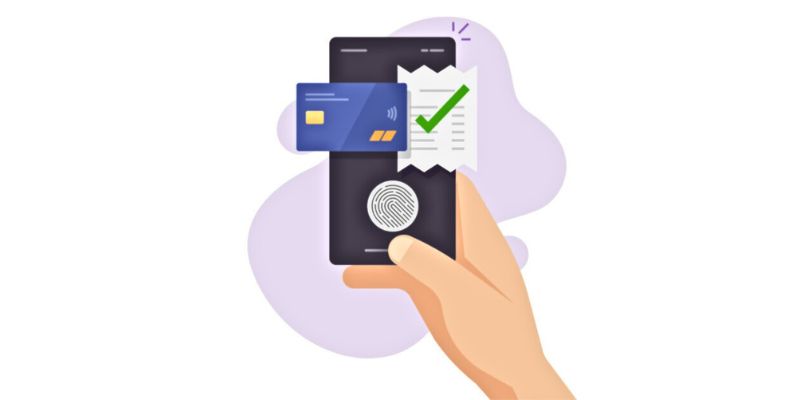 A digital payment refers to a financial transaction conducted online or via mobile devices using electronic methods such as credit/debit cards, digital wallets, mobile money, etc rather than physical methods like cash. It allows for secure and convenient money transfers anytime, anywhere.
A digital payment refers to a financial transaction conducted online or via mobile devices using electronic methods such as credit/debit cards, digital wallets, mobile money, etc rather than physical methods like cash. It allows for secure and convenient money transfers anytime, anywhere.
The basic relationship between a digital ID wallet and digital payment is that a digital ID wallet is an account on an application where you can manage your personal credentials, money, and online transactions, and digital payment refers to the online transaction that has been initiated or transferred via identity verified wallets.
Difference between Digital ID Wallets & Digital Payments
|
Feature |
Digital ID wallets |
Digital Payments |
| Primary Purpose | Store personal credentials and secure financial statements. | Facilitate online electronic financial transactions. |
| Information Stored | Digital identity credentials & information | Financial transactional data |
| Authentication Method | Biometric authentication, encryption | User credentials, PINs, passwords |
| Security Emphasis | Identity protection, data privacy | Transaction security, fraud prevention |
| Storage Location | Centralised secure repository | Distributed across financial institutions |
| Transaction Involvement | Minimal direct involvement in transactions | Direct involvement in initiating and authorising payments |
| Data Ownership | User-owned and controlled | Financial institution-owned, subject to user consent |
| Use Cases | Identity verification, access control | Purchases, fund transfers, and bill payments |
| Interoperability | May integrate with various digital services. | Interacts with diverse payment platforms and methods. |
| Examples | Apple Wallet, Google Pay, Paytm, digital ID platforms | PayPal, UPI, credit/debit card transactions, QR Scan and Pay |
Significance of Digital ID wallets and Payments
1. Seamless User Authentication:
Digital ID Wallets streamline the user authentication process for payments. By integrating biometric data like fingerprints or facial recognition, users can swiftly and securely authorise transactions. This not only enhances user experience but also fortifies the security of digital payments.
2. Tokenisation for Enhanced Security:
Tokenisation, a key feature of Digital ID Wallets, is crucial in securing payment transactions. Instead of transmitting sensitive card details, a unique token is generated for each transaction, minimising the risk of data breaches. This adds an extra layer of security, making payments more resilient against cyber threats.
3. Interoperability Across Platforms:
To facilitate a seamless payment experience, Digital ID Wallets are designed to be interoperable across various payment platforms. Whether it’s in-app purchases, online transactions, or contactless payments at physical stores, the Digital ID Wallet acts as a unified gateway, reducing friction in the payment process.
4. Privacy and User Control:
Digital ID Wallets prioritise user privacy by allowing individuals to control the information shared during transactions. Users can choose which credentials to disclose, fostering a sense of control over their digital identity. This privacy-centric approach aligns with the growing emphasis on user empowerment in the digital realm.
Access Digital ID Wallets & Payments with NTT DATA Payment Services
NTT DATA Payment Services strives to simplify payment acceptance and streamline transaction processing for businesses through its robust payment gateway and suite of digital payment solutions. These include UPI, IMPS, card payments, net banking, and emerging options like BharatQR and payment links.
NTT DATA Payment Services offers a complete payment solution to advance both your offline and online businesses from,
- Payment Gateway in India
- POS machines
- IVR payments
- Mobile applications, and
- Bharat QR Scan and Pay
We ensure maximum comfort, convenience, and safety for all your payments.
How Digital Wallets Are Driving the Future of Payments and Beyond
Digital ID wallets are emerging as the primary interface for individuals and organisations in our increasingly digital world. As the adoption of wallets grows, recent surveys show over 80% of consumers use them regularly for payments and identity needs.
Their role in daily life and commerce will only continue expanding rapidly in the coming years as more credentials, documents, and services are integrated. For businesses, digital wallets open exciting new possibilities to strengthen customer relationships.
Companies with innovative wallet partnerships and capabilities will gain a powerful edge in customer experience and market insights. I hope you now understand the relationship between digital ID wallets and payments.
| Also, you can get frequent updates on nttdatapayments Instagram page. |
Frequently Asked Questions (FAQs)
- What is a Digital Wallet as a Payment Method?
A digital wallet is a software-based application that allows users to store payment cards, loyalty programs, and identity information on their mobile devices or computers. With a digital wallet, users can make contactless payments at physical stores using technologies like NFC, QR codes, or Bluetooth.
- What Are the Benefits of Digital ID Wallets?
Digital ID Wallets offer numerous benefits, including
- Enhanced Security: Robust encryption and biometric authentication.
- Seamless Transactions: Streamlined payments with minimal friction.
- Privacy Control: Users decide what information to disclose.
- Interoperability: Functionality across diverse payment platforms.
- Tokenisation: Heightened security by generating unique transaction tokens.
- What is the Difference Between UPI and Digital Wallet?
While both serve as digital payment solutions, the key differences lie in their mechanisms. UPI (Unified Payments Interface) is a platform enabling instant fund transfers between bank accounts, while a Digital Wallet is an application that stores various credentials, offering a broader range of payment options and often incorporating UPI for transactions.
- How Do Digital ID Wallets Enhance Payment Security?
Digital ID Wallets enhance payment security through the following:
- Biometric Authentication
- Tokenization
- Privacy Control
- Encryption
- Can I use my existing payment cards on a digital wallet?
Yes, you can add most major credit & debit cards to your digital wallet from supported banks and payment networks. The digital wallet will securely store your card details and allow you to make contactless payments at physical stores or online merchants.

